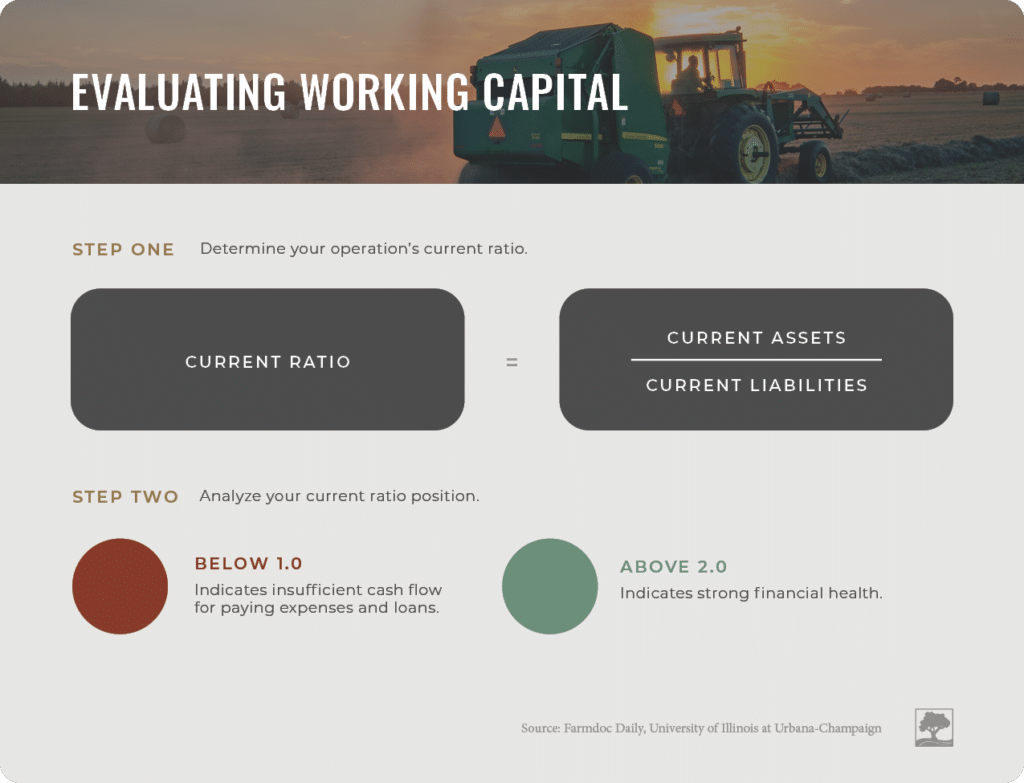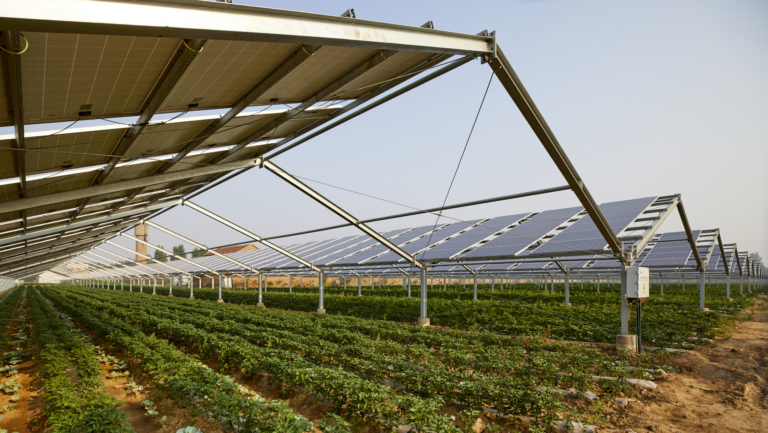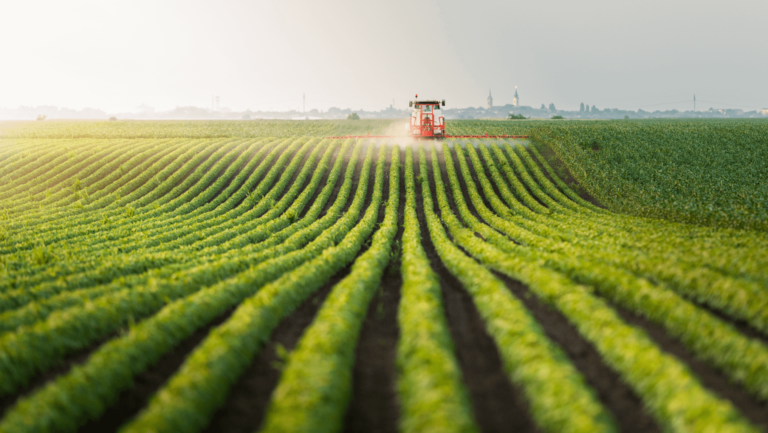What Are the Requirements for Farm Property Loans?
Applying for farm property loans can be intimidating at first, but we’re here to make it as seamless as possible.
It’s important to find a lender that will provide the support you need to understand your options. As one of the leading lenders in the agricultural space, AgAmerica hears many overlapping questions from those seeking farm property loans, including:
- What are the requirements for a farm property loan?
- How can I set myself up for success?
- What is the best type of farm property loan for my needs?
We work hard to educate farmers on their options and what they may qualify for. To help get you started, we’ve collected the answers to the most common farm property loan requirement questions we see in the agriculture sector.
Eligibility Requirements for Farm Property Loans
Most lenders have similar farm property loan application requirements. You can find out if you pre-qualify at AgAmerica by taking a 30-second verification quiz. But if you meet the requirements listed below, you would most likely be eligible to apply for a farm property loan.
- Who Can Apply? – Farmers, ranchers, rural landowners, farm real estate investors, and recreation and timber landowners.
- Land Ownership – To qualify for a land loan, you must own or plan to buy 25 acres or more.
- Minimum Loan Value – AgAmerica farm loans start at $50,000.
- Property Value – AgAmerica loans cannot exceed 75% of the land’s value.
- Citizenship – AgAmerica loan recipients must be American citizens or U.S. resident aliens.
Once you’ve established you’re eligible, the next step is to understand what documents will be needed when applying for a farm loan.
Documentation Requirements for Farm Property Loans
Not every farmer has a perfectly crafted business plan ready to go or an updated debt schedule laid out. With singular expertise in the ag finance space, we can help you gather the necessary documents to put your best foot forward. The following information is what most agricultural lenders require to approve a farm loan.
Farm Business Plan
A farm business plan is a detailed document that outlines the goals, objectives, strategies, and financial projections for a business. For farmers, a business plan is a crucial component of the loan application process because it helps demonstrate the intended use of the loan proceeds and the ability to repay the loan.
A strong farm business plan should include a description of the farming operation, including the type of crops or livestock, the size of the farm, and the markets served. It should also provide an overview of the farmer’s experience and skills, as well as any partnerships or collaborations with other farmers or businesses.
In addition, your farm business plan should outline the intended use of the loan proceeds. This could include purchasing new equipment or land, making improvements to existing facilities, or consolidating debt.
Farm Balance Sheet
An agricultural balance sheet is a financial statement that provides a snapshot of the financial condition of a farm or ranch at a specific point in time. It lists all the assets, liabilities, and equity of the agricultural operation.
A balance sheet can include a detailed debt schedule. A debt schedule lays out all the debt your farm has with related terms such as interest rate, payment amount and frequency, and maturity dates. Usually, lenders ask for this schedule to construct a cash flow analysis.
Some operators update their balance sheet annually, but most lenders look for a balance sheet that has been updated within the last three months.
Income Statement
Your income statement can be any document that proves your income. Your lender may ask to see your tax return, a profit and loss statement (P&L), or audited financials.
Verification Statement
A verification statement is usually a bank statement for asset accounts or debt statements. Your lender will typically ask for these in order to verify your balance sheet accounts.
Financial Projection
Financial projections are a detailed analysis of the farm’s revenue, expenses, and cash flow. It should demonstrate the ability to generate sufficient income to repay the loan, including principal and interest, over the term of the loan.
Loan Qualification Requirements for Farm Property Loans
Once eligibility is established and documents are collected, then comes the farm loan approval process. Every lender has different underwriting processes, and no two organizations are the same. However, these are the factors that most underwriters take into account when making a loan decision.
Debt Service Coverage Ratio (DSCR)
Your DSCR is calculated by dividing your net operating income by your debt obligations. It is used to measure your farm’s ability to produce operational cashflow to support debt obligations.
In general, a DSCR above 1.25 is considered strong and anything below 1.00 could indicate a farm facing financial troubles.
Debt to Asset Ratio
Your debt to asset ratio measures equity on the balance sheet and is calculated by dividing your total liabilities by your total amount of assets.
This calculation helps lenders understand how highly the operation is leveraged overall.
In general, lenders look for a ratio below 50%.
Current Ratio
Your current ratio is what lenders look at to measure your ability to pay short-term debt obligations (usually within the next year).

Your current ratio is calculated by dividing your current assets by your current liabilities.
A low current ratio indicates a weaker working capital position that could pose challenges in paying operating expenses or short-term obligations.
Loan-to-Value (LTV) Ratio
When you’re seeking a loan, it’s important to understand the value of the collateral and how it compares to the loan amount. Most lenders max out at an LTV ratio of 75%. This means If your land appraises for $100,000, most lenders are able to give you a loan as high as $75,000.
Credit Score
We understand that farmers and ranchers go through a variety of different circumstances, which can lead to a range of credit scores. When obtaining a farmland loan, there are a variety of factors that impact your credit score. As experienced farm lenders, we’re more interested in getting the entire picture of your business than relying on just one number. A credit score does impact your farm loan, but it’s absolutely possible to qualify for a loan with a poor credit score.
Farm Property Loans Made to Support Your Farm’s Future
If you’re thinking about applying for a farm loan or you just need some answers, don’t hesitate to contact us. At AgAmerica, we prioritize relationships over transactions and are dedicated to keeping agricultural land in the hands of American farm families. To find out if you pre-qualify for a farm loan, try our free three-step verification form below.






